Being a dementia caregiver is a challenging role, and one that often comes with not just an emotional toll but a physical one as well. I shared this post on twitter late at night as I lay in pain in bed after injuring my back.

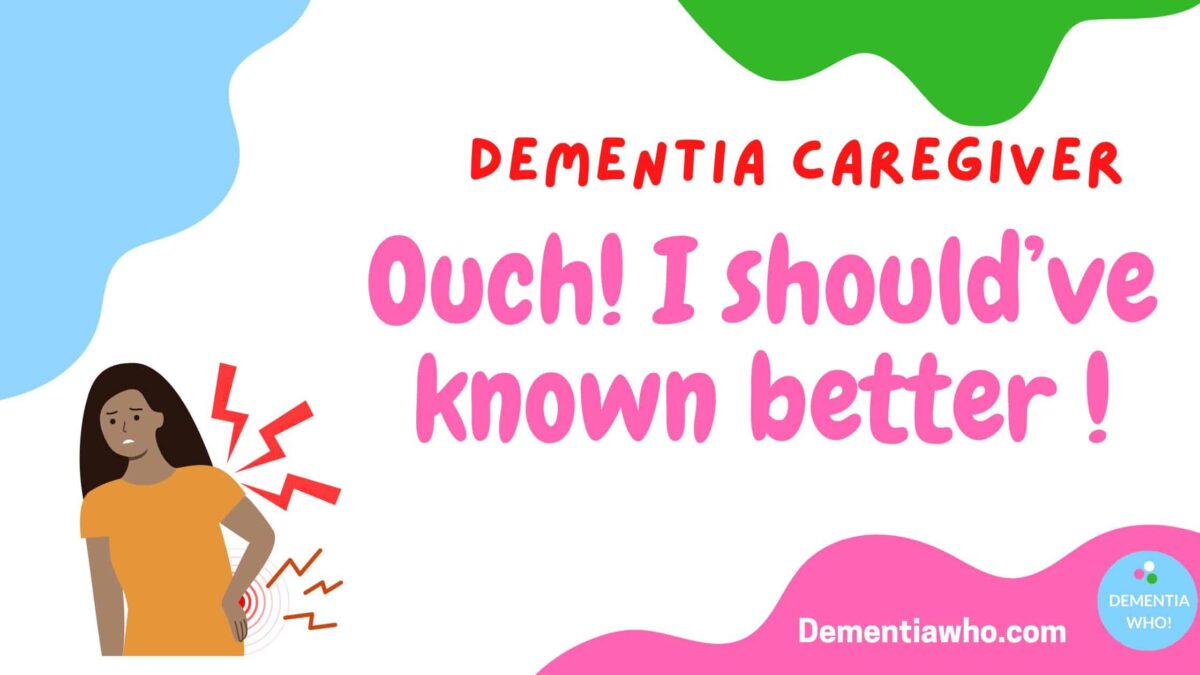
Back Pain – I should’ve known better!
I know that part of what made this worse was doing it repeatedly wrong. Sometimes you can be your own worst enemy. I know the correct way to do things, but for expediency I didn’t think before I did. I should’ve known better!
That’s real life. If I treated this like a job rather than just caring for Mum, I probably would’ve taken better care of myself. But when you’re doing this 24/7 despite your best efforts, things do slip, and it takes something like this to remind me of the steps I need to put in place and do things correctly.
Caregiver Back Injuries
I’m not alone in this. Back pain is a common issue for caregivers, and it can significantly impact our ability to provide the care our loved one’s need. A recent survey found
I’m not surprised by those statistics, are you? When you think about it, most home caregivers receive no formal training in caregiving. They learn as they go and acquire tips and techniques from fellow caregivers, forums, the internet, or caregiver support organizations.
You can read more in this post about the Main Challenges Faced By Dementia Caregivers.
Physical Demands of Dementia Care
You’re more likely to be at risk of injury whilst caregiving if you need to support or help the person you care for complete daily tasks. People with dementia may need more support due to mobility, understanding or even recognise the need for help.
It can be a simple task like I experienced of just adjusting a pillow from the wrong angle to result in an injury. I felt my back go as soon as I did it.
If your loved one has mobility issues, such as my mum, then you are at a higher risk, particularly if you haven’t received any manual handling training (I wasn’t offered any, and I don’t know many caregivers who have, correct me if I’m wrong!). I taught myself.
You may not have good body form if you have to support the weight of someone who has difficulty in getting up or moving upstairs, helping them bathe or dress etc. These and many other tasks can involve you putting yourself in positions where you’re more likely to injure yourself if not done correctly.
You can also do things incorrectly because you’re so immersed in the caregiving activity that you forget to look after yourself or it’s something you’ve done hundreds of times without hurting yourself. You can still suffer an injury. In my case it was repetitive injury from correcting mum’s pillow position from where the care workers had left it to better support her.
Getting support
What does that involve? It can involve talking to your GP, your Occupational Therapist, having the right equipment in place, taking care of yourself physically and asking for help etc.
I’m lucky in that I have care workers come in for mum’s personal care, but even with that I managed to injure myself because instead of asking for help, I just bent over and tried to correct mum’s pillow to a better position than they had placed it.
Are you like me, do you just get on with it, without thinking about how it will affect you?
I regret it now! It’s been a few days and despite pain medication, heat packs and rest, I’m still in a lot of pain.
If I had thought about it, and just asked for help, just asked them to correct the pillow then I wouldn’t been in this position now.
Life goes on….
But even with an injury, life still must go on. Caregiving doesn’t stop if you’re ill, especially if you’re a lone caregiver or sharing multiple caring roles. I still need to cook and clean, keep mum engaged, hydrated and looked after. And the reality is, if mum needs personal care when the care workers aren’t around, then I still have to do it!
I should know better; I know the things that I’ve let slip. I have a list of things that I can do to help myself, tips on how to help prevent back pain, things that I need to put back in place to make sure that I don’t continue to injure myself.
Do you want me to share that in a post? Let me know in the comments.
In the meantime, you can check out my post on 8 Dementia Caregiver Self Care Tips to avoid Pain & Injuries (so wish I’d focused on that!)
I’ll share those tips in a dedicated post specifically on addressing back pain in a subsequent post.
Til next week, hopefully a bit wiser and not injuring my back 🙂
Here’s Kikki pic this week, looking adorable peeking through the stair banisters….


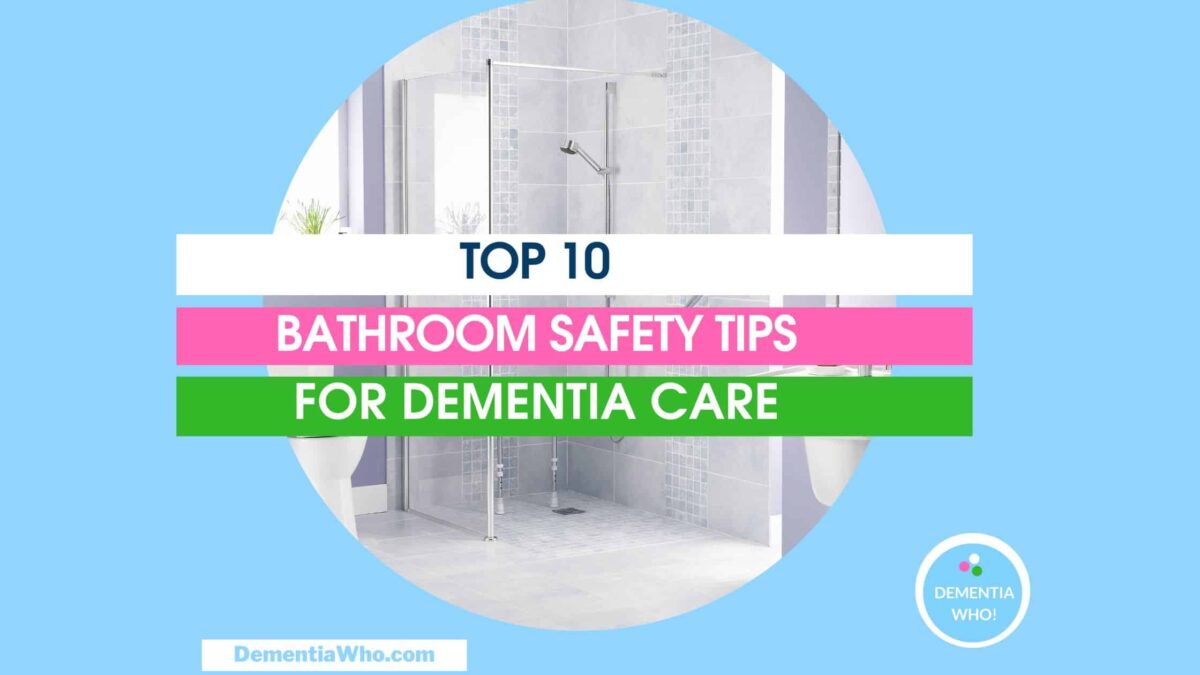
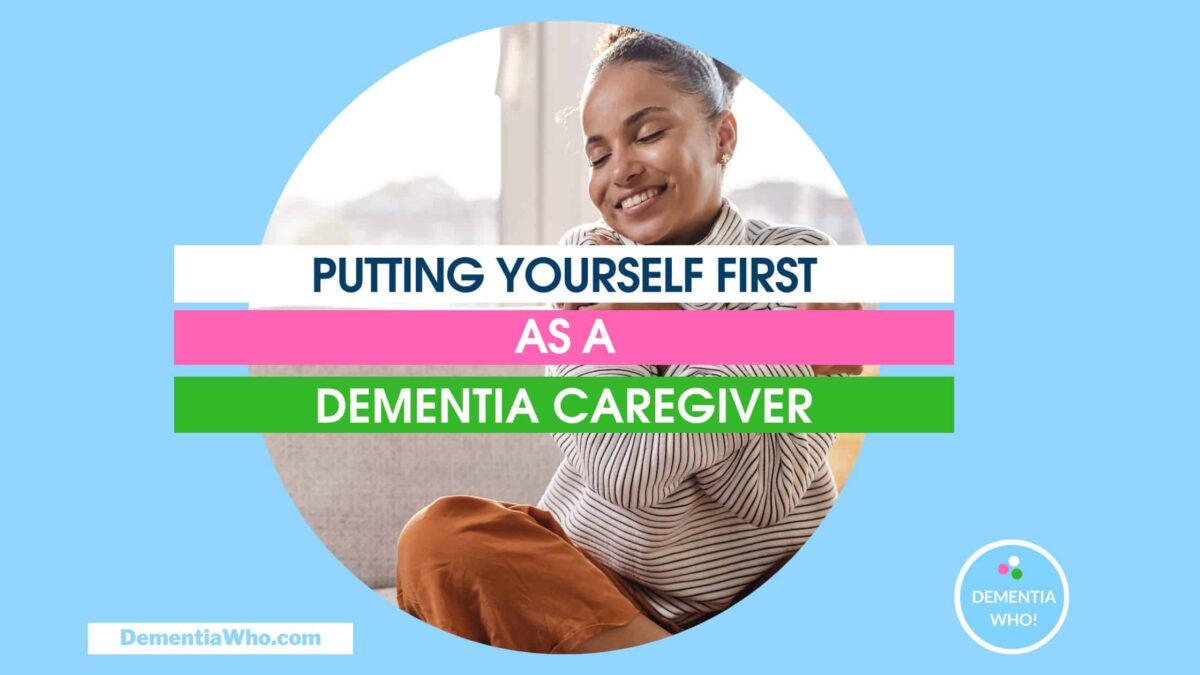
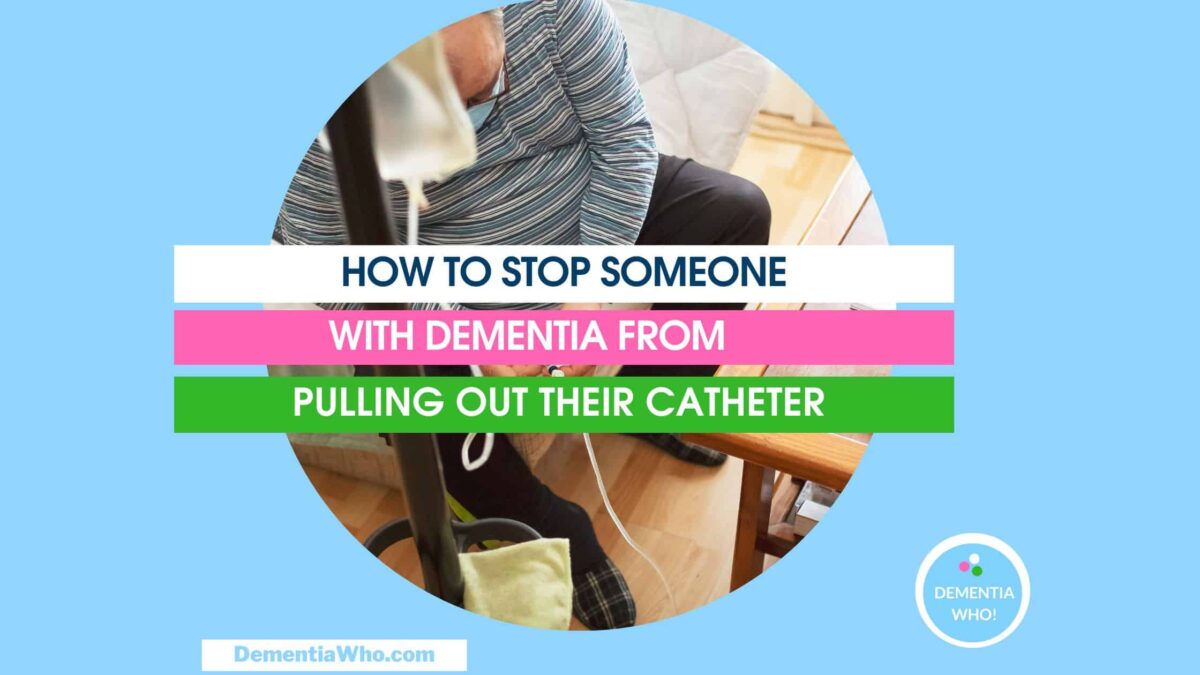
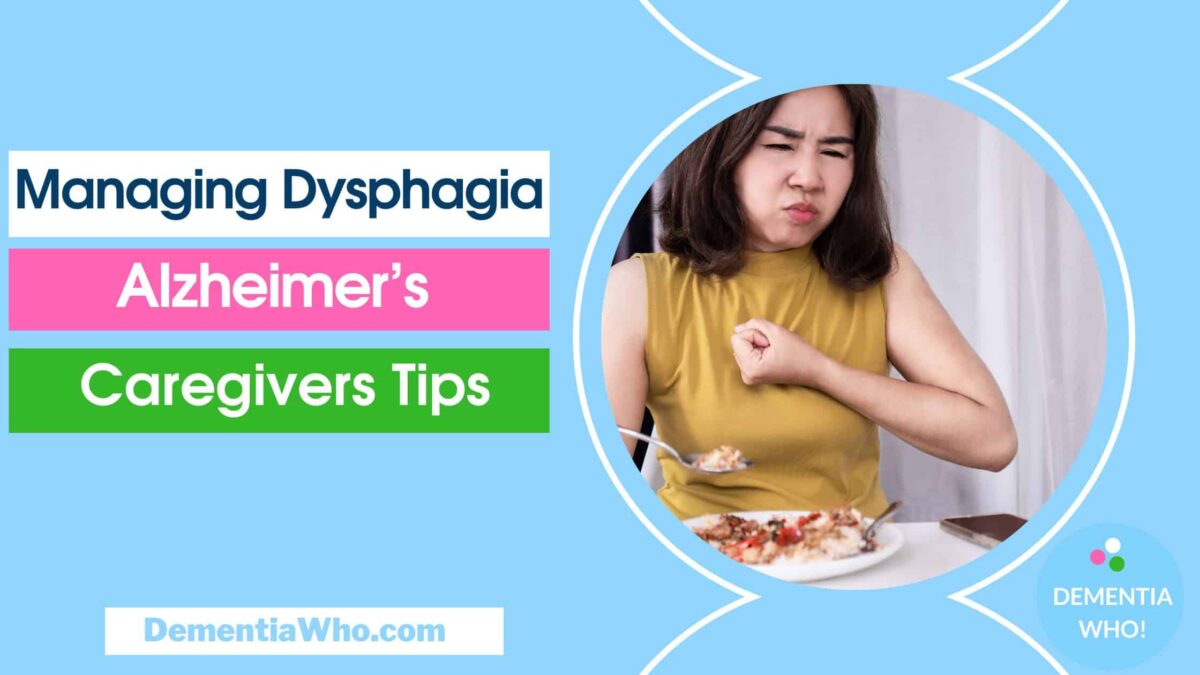
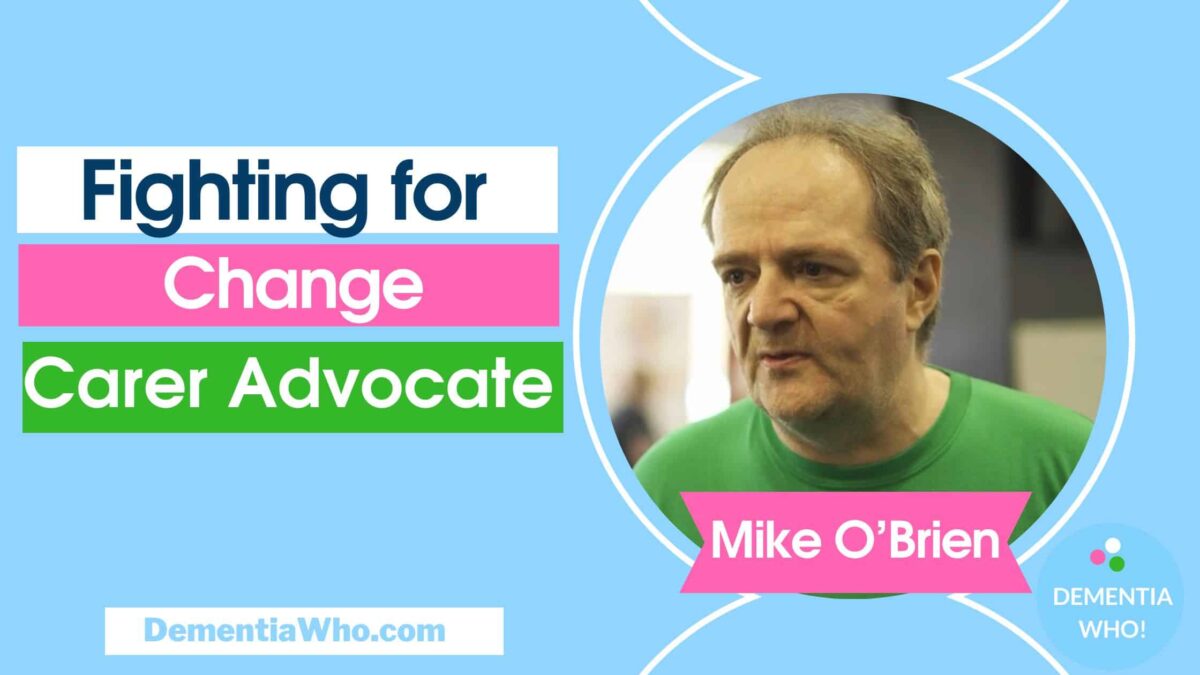
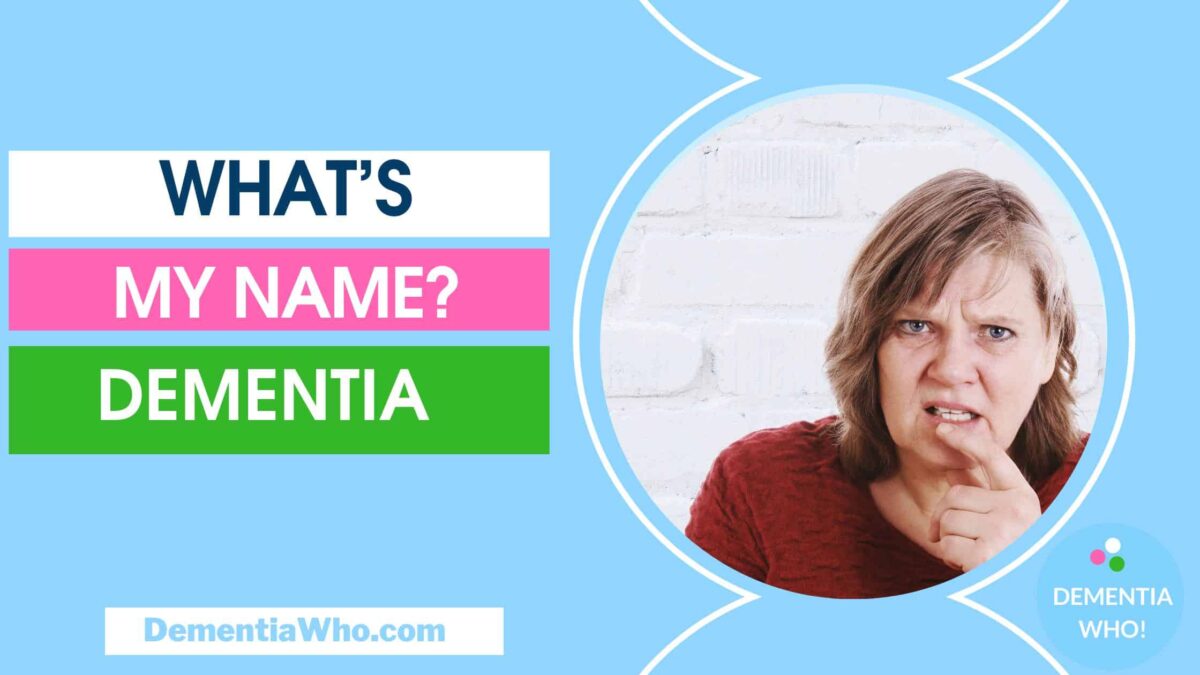
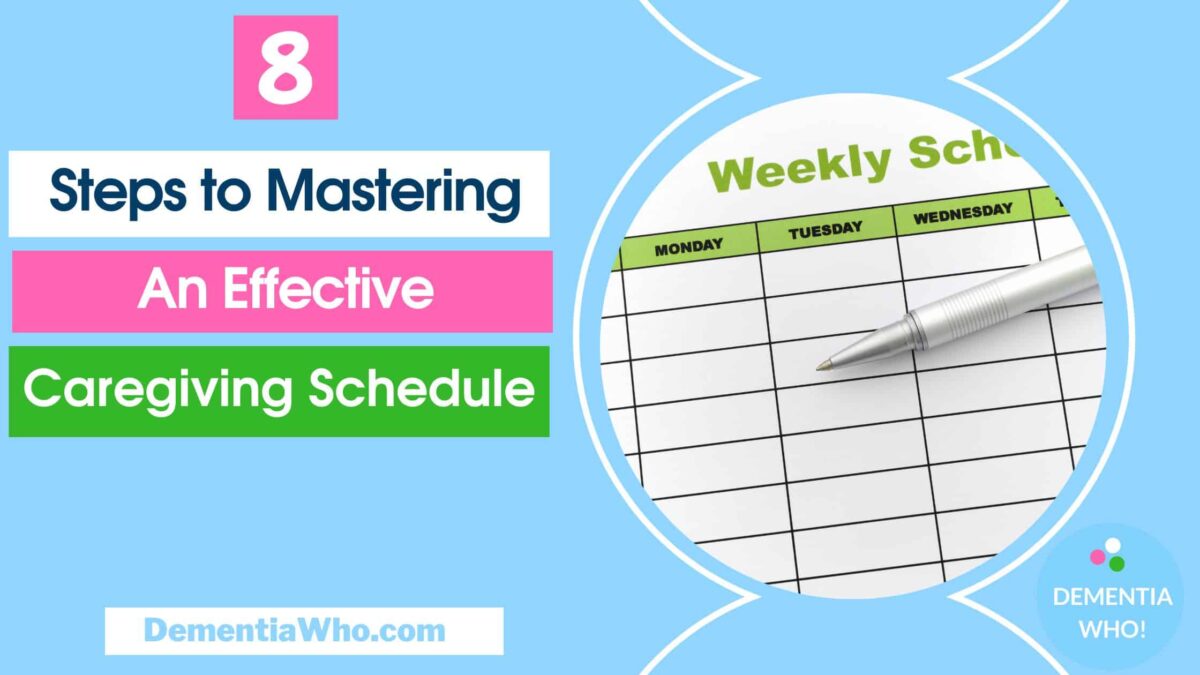
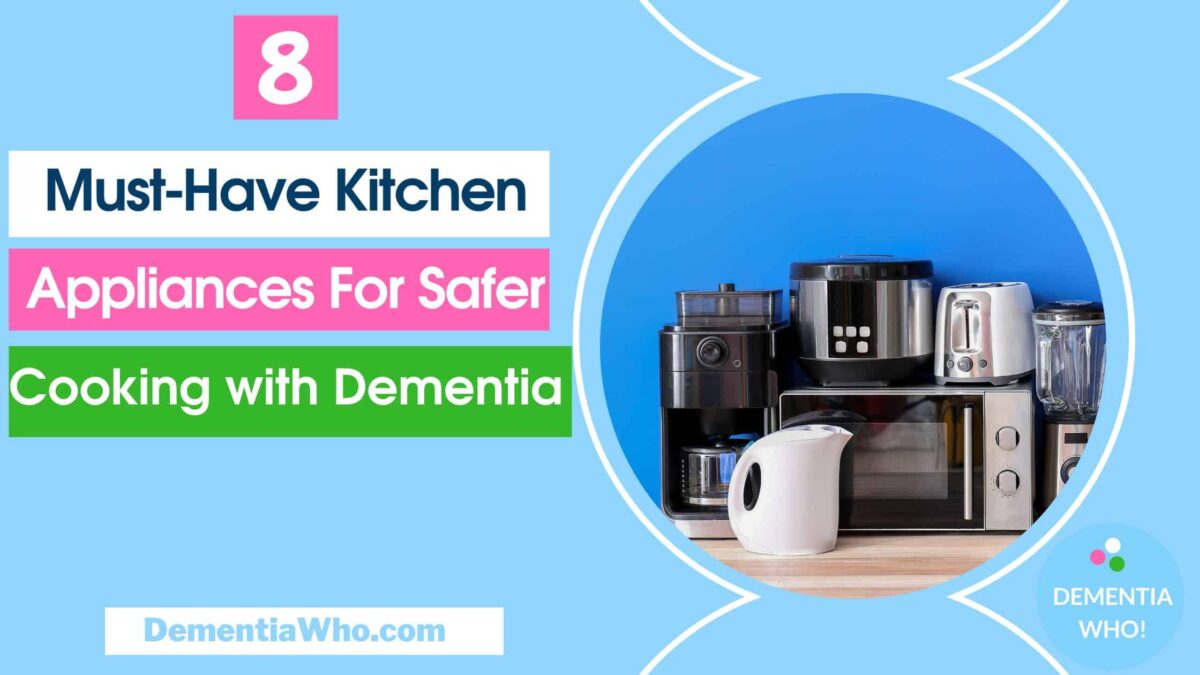
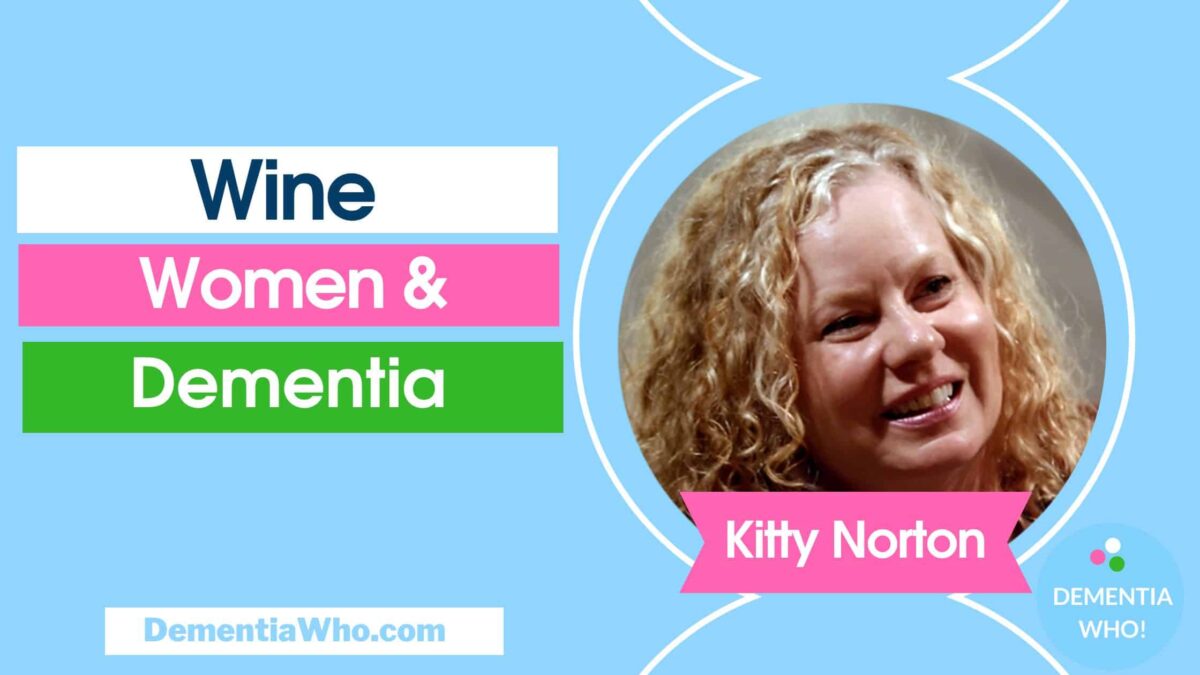
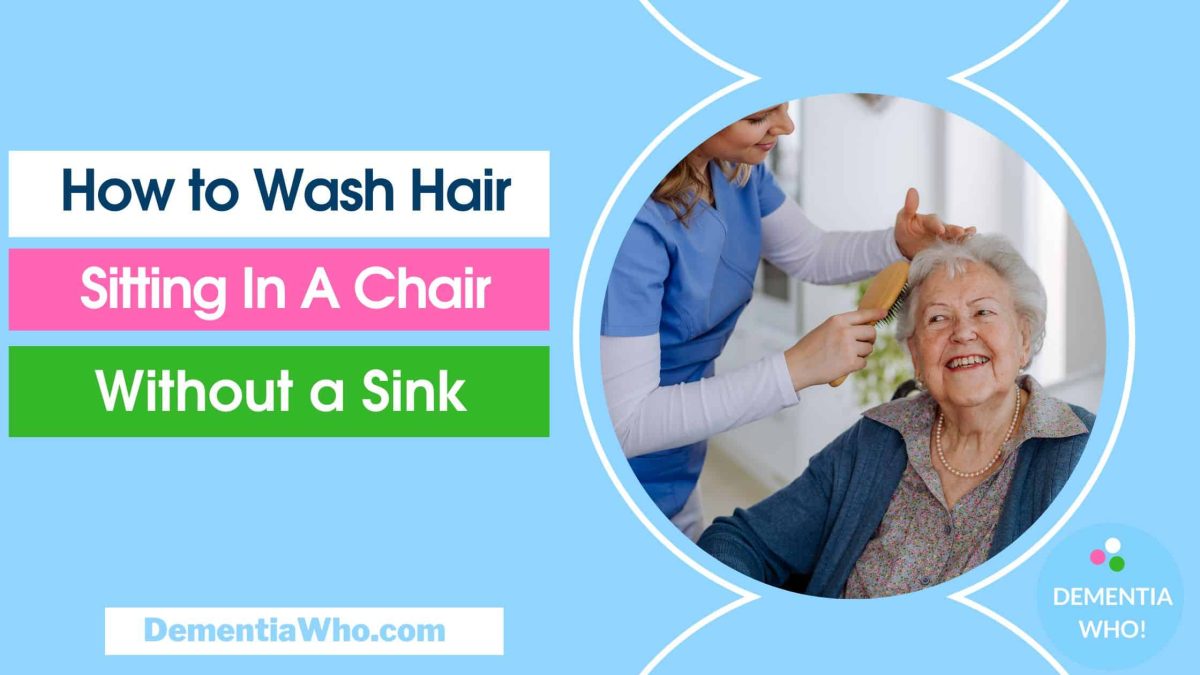
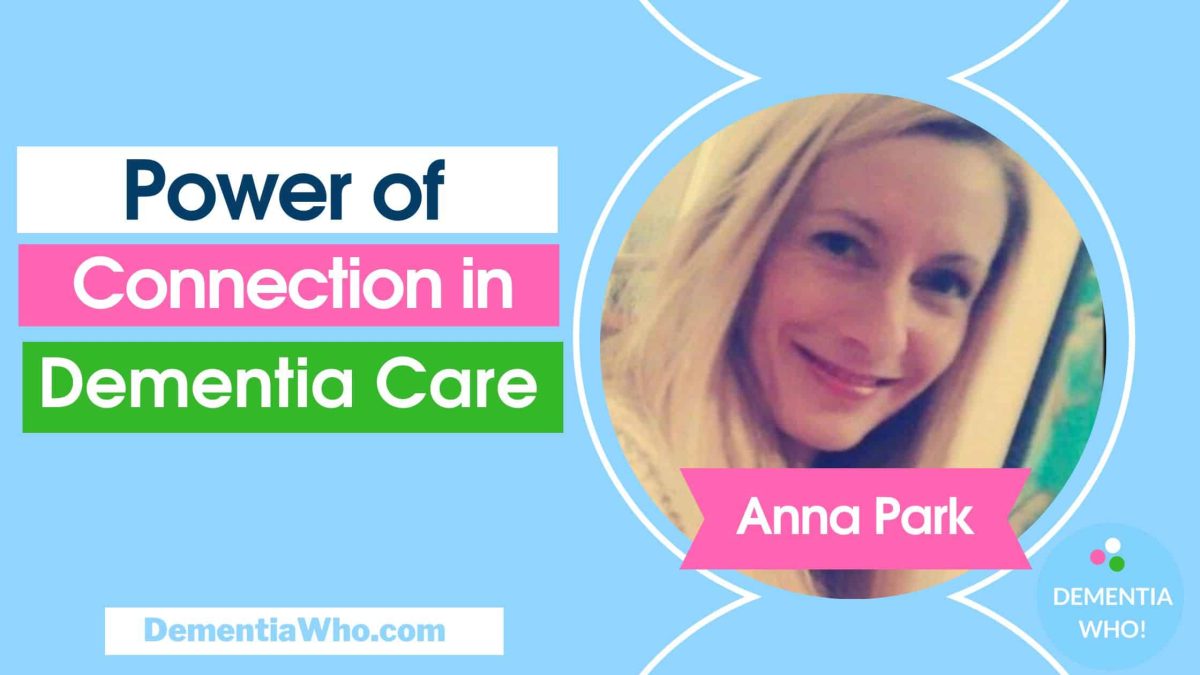

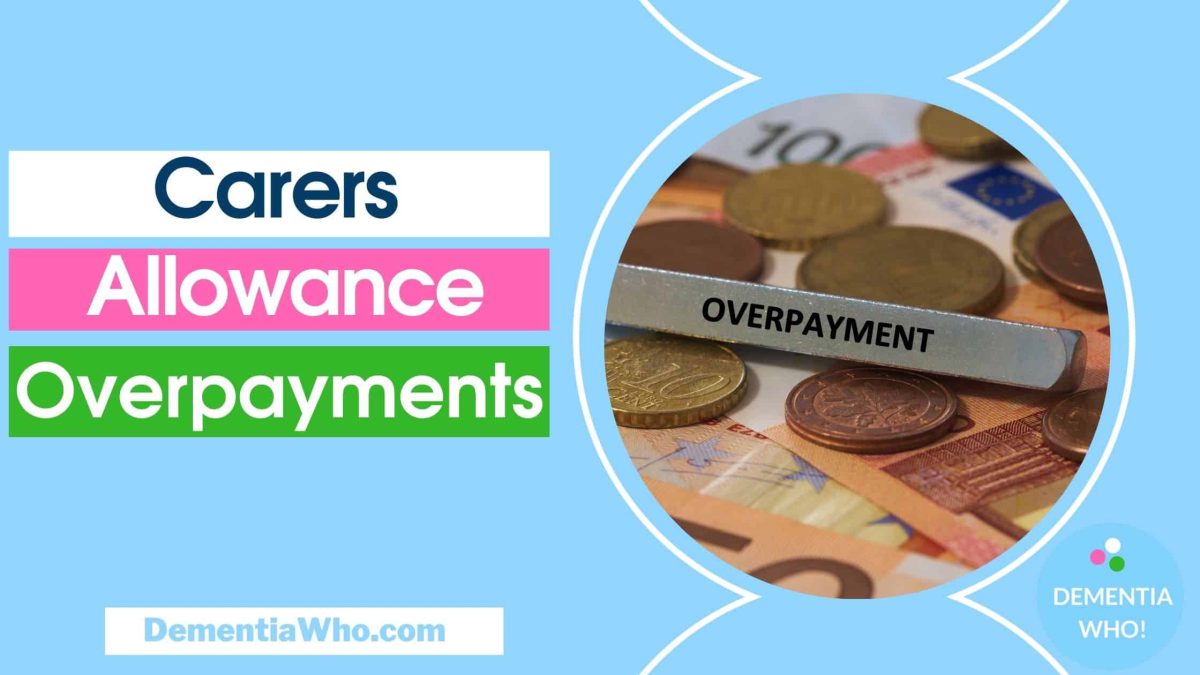
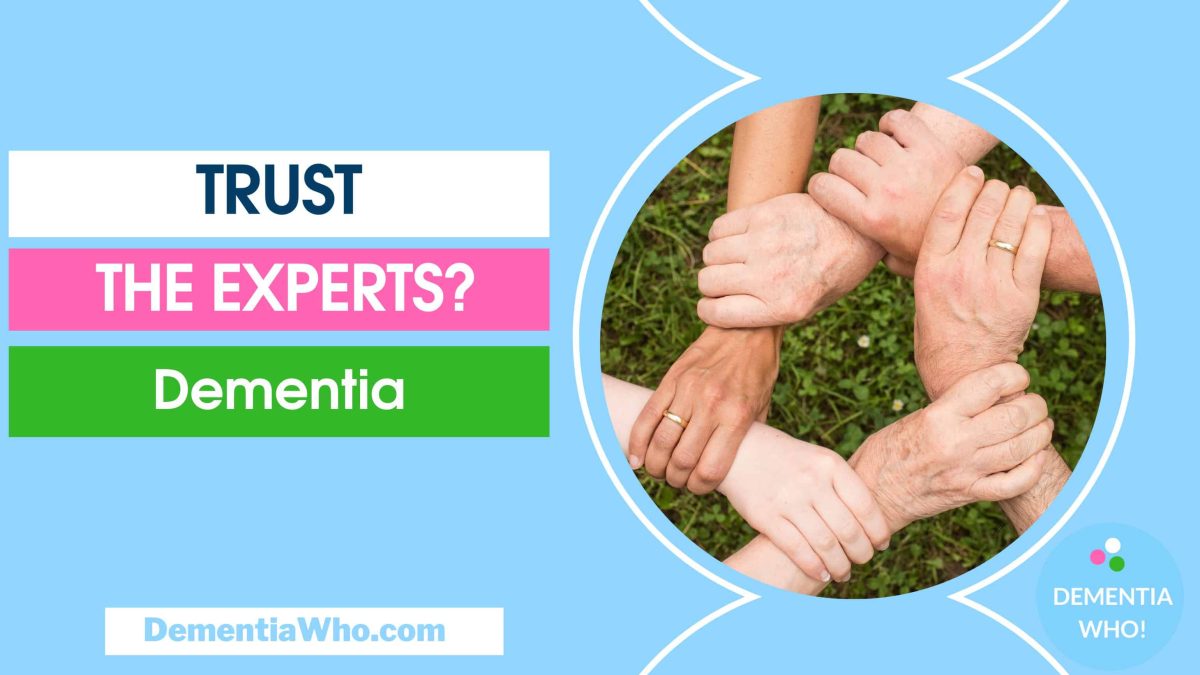
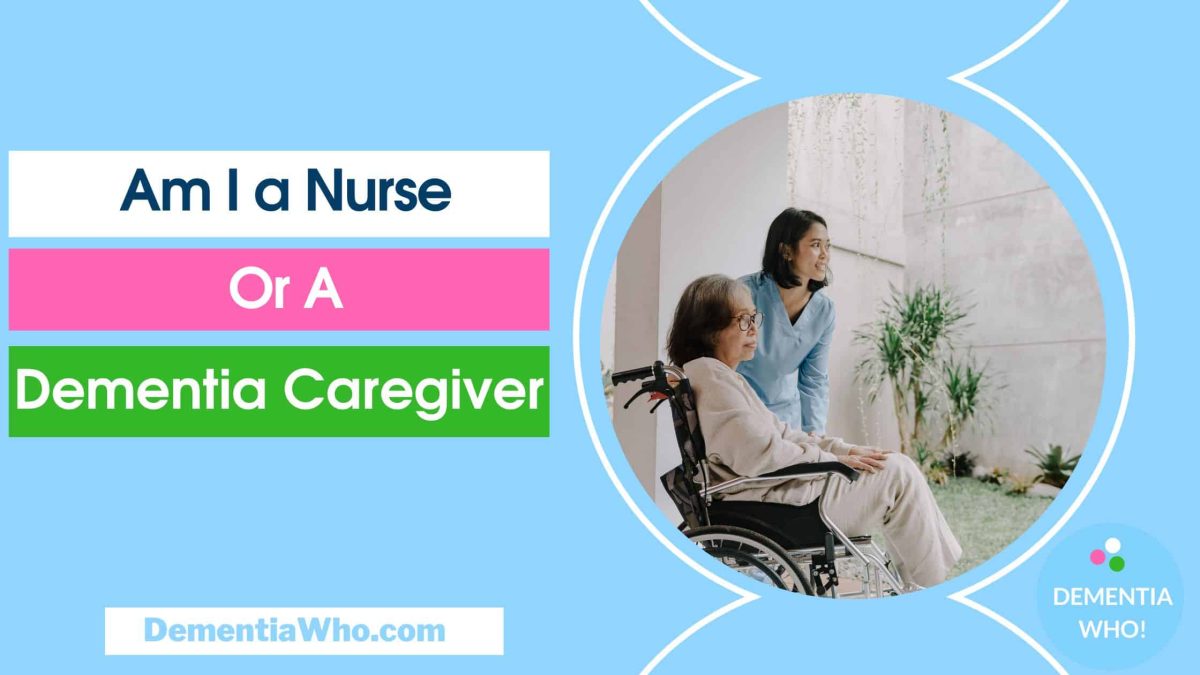
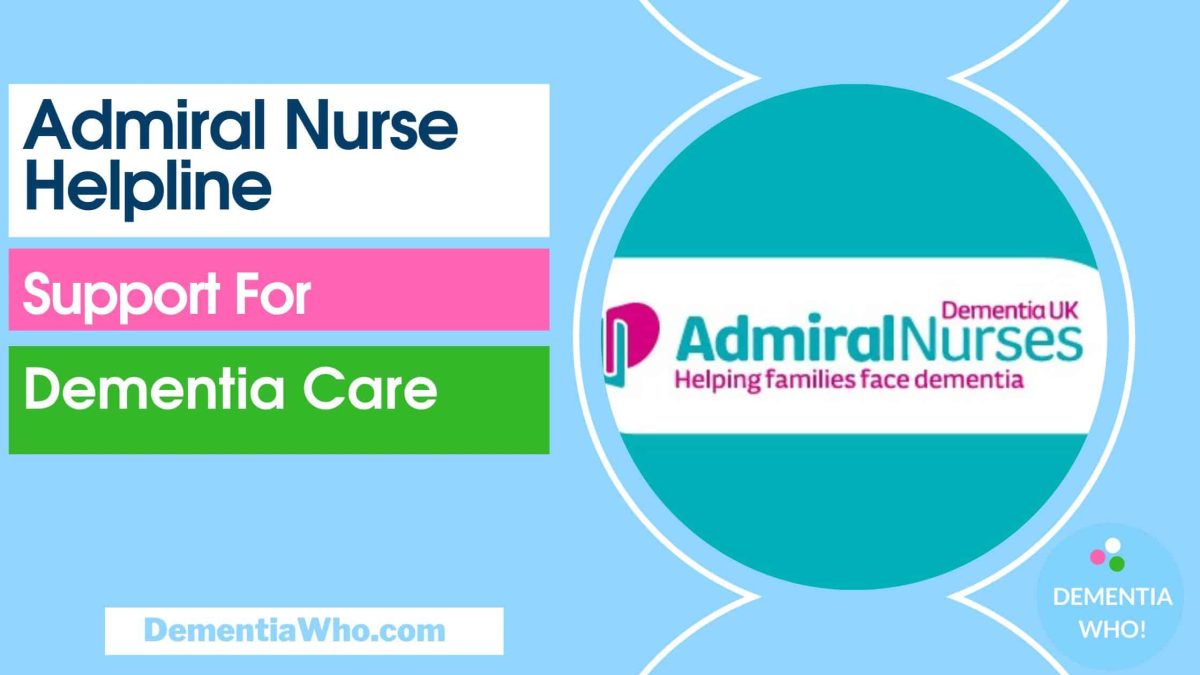
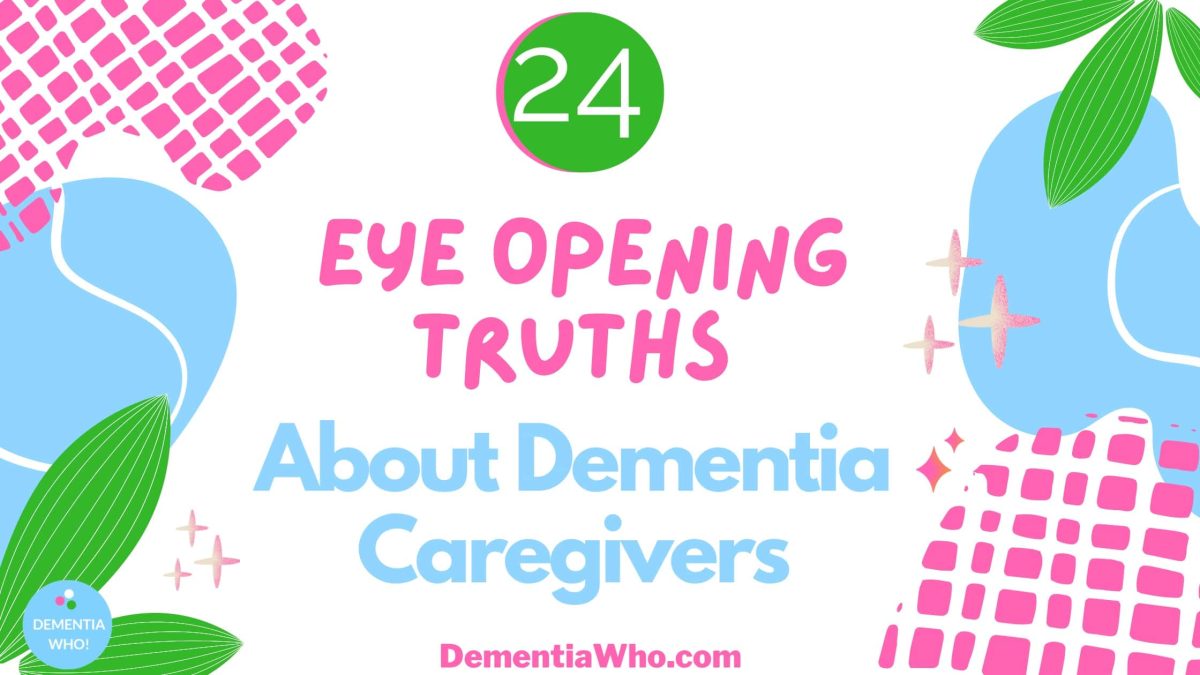
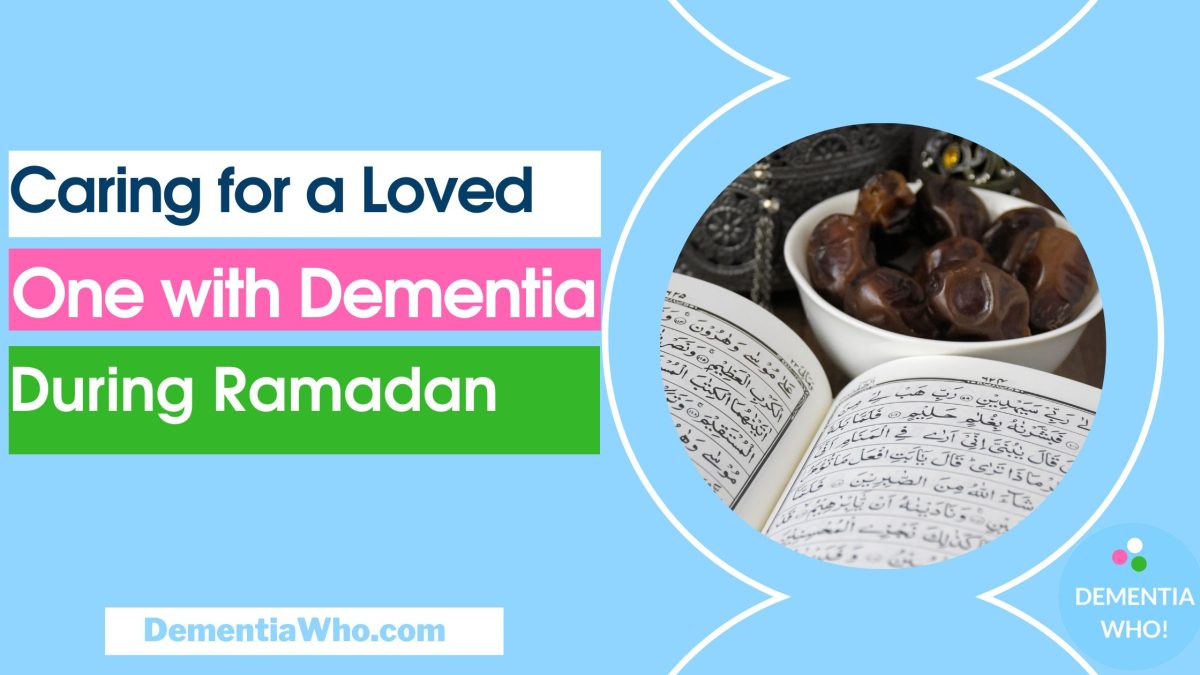
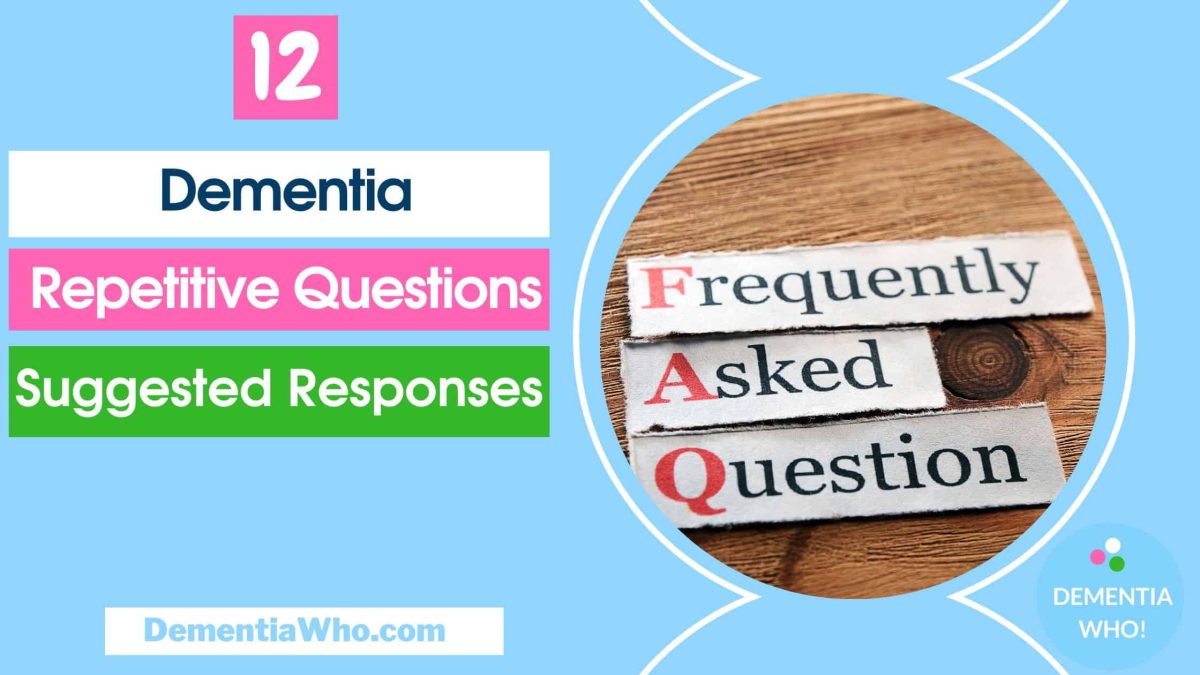

Ouch. You have my sympathies with your back. I hope it doesn’t take long to get over.
My back went at work a few months ago at work while doing nothing strenuous in my case and took a few weeks to calm down.
A spikey ball helps me for that along with any sort of pain relief. Very handy to use through the day when you have no one to give a back massage, along with a couple of gentle movements to help keep my back flexible.
I have never heard of any carer receive manual handling training. Only carers that get this that are in the working field and not families who also care.
Had mum been with me instead of a care home, with having the experience of one time working in a care home would have been able to use my training from that to take care of me while moving mum.